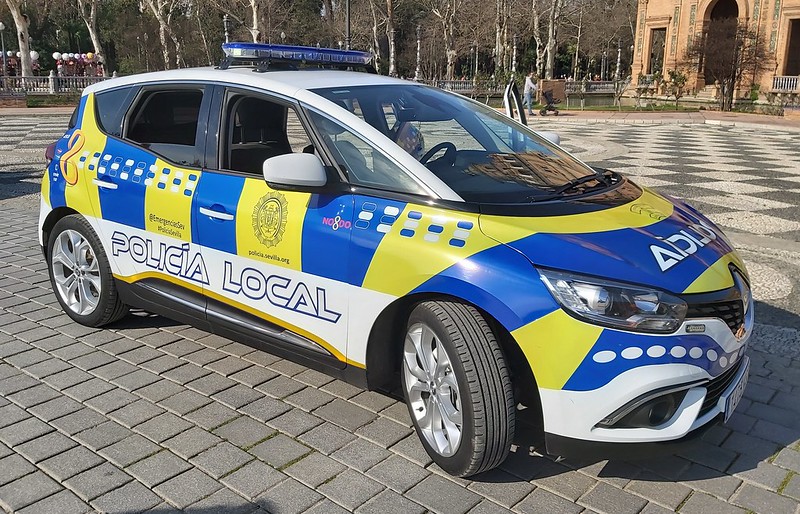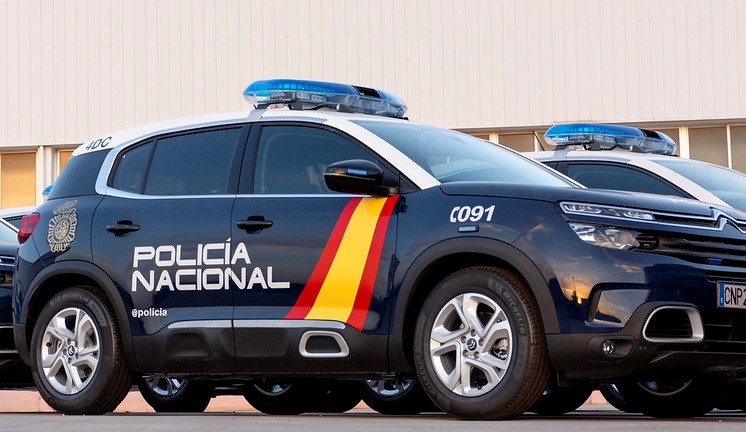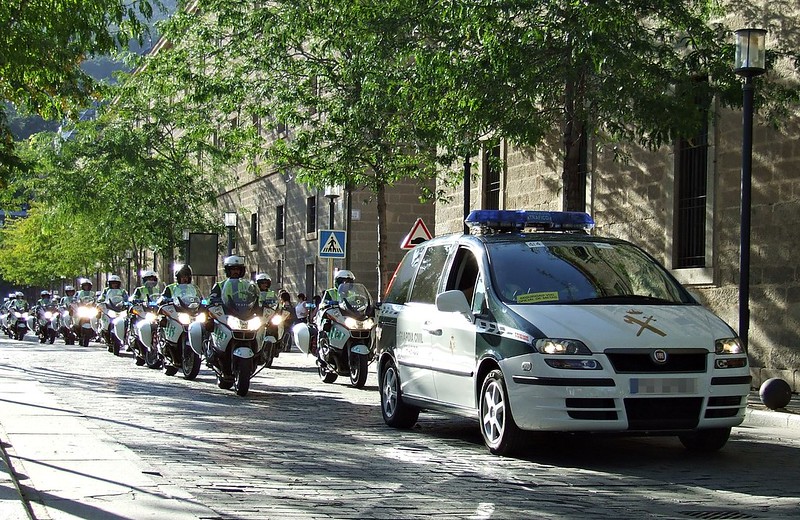If you live in Spain, or have visited, you will have noticed different types of police on the streets. This is a quick guide as to which police force is best for which eventuality and how to contact them.
There are three main police forces in Spain. You can tell the difference by their uniforms. They also undertake different roles.
To make reporting a crime or asking for assistance easier, InSpain.news outlines their roles below.
Local or Municipal Police – Policía Local (Call 092)

Dressed in blue uniforms, the Local or Municipal police are attached to and recruited by the local town halls.
In most places they are known as Policía Local. However, in Madrid and Valladolid they are the Policía Municipal. In Barcelona, they are the ‘Guardia Urbana’.
Local police are only in areas where the municipality has a population greater than 5,000 people.
They carry guns and are responsible for:
- Dealing with civil disturbances
- Order and control of traffic in urban areas including parking tickets
- Monitoring and securing of public spaces and events
- Reporting of traffic accidents in urban areas
- Protection of property
- Helping resolve private conflicts
- Liaising with other agencies and security forces when required.
These are the police you speak to when you need to report a minor crime (denuncia) such as theft, parking issues, traffic control or bylaw infringements.
If you do not speak Spanish, or not very well, you can call the foreign tourist service on 902 102 112 between 9:00 and 21:00.
National Police – Policía Nacional (Call 091)

Spain’s National Police (Policía Nacional) is an armed civil force which deals with more serious crimes. It also has the widest remit, dealing with issues such as organised crime, national security, and terrorism.
The national police are managed by the Directorate General of Police and Civil Guard. There are over 87,000 Policía Nacional officers who operate in all the capital cities of Spain’s 50 provinces and others as designated by the national government.
They wear black uniforms and are normally in larger towns and cities with a population of over 20,000.
The National Police are also responsible for issuing national identity documents such as NIE, TIE, DNI and passports.
Three of the country’s autonomous communities have their own police forces that are overseen by their own regional governments. These are the Basque Country (Ertzaintza), Catalonia (Mossos d’Esquadra) and Navarre (Policía Foral).
The Civil Guard – Guardia Civil (Call 062)

The Civil Guard is Spain’s oldest police force. It is under the Directorate General of Police and Civil Guard and under the authority of the State Department of Security in the Ministry of the Interior.
Guardia Civil officers wear a dark-green uniform and patrol Spain’s highways and rural areas (excluding the Basque Country, Catalonia and Navarre) as well as security and border patrol.
Related post: Guardia Civil apointment service now available
Founded in 1844, the Guardia Civil is military by nature. This means officers are usually in barracks or ‘Casas Cuartel’ rather than police stations like Spain’s other law enforcement agents.
Their remit is far-reaching and they deal in many aspects of law enforcement including fiscal matters, cybercrime, explosives, surveillance, counterterrorism, mountain search and rescue and criminology.
There are currently around 75,000 Guardia officers serving Spain’s rural communities with around 10,000 working within the traffic department monitoring the country’s highways.
If you are in any doubt who to call, you can ring the main emergency number in Spain which is 112.


